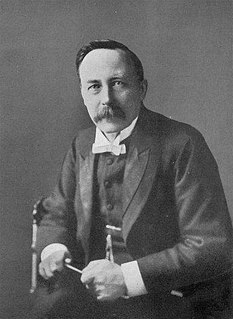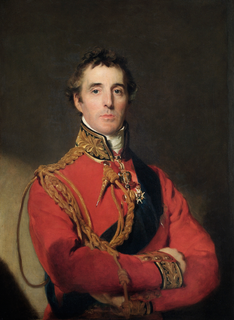A Quote by John Flanagan
Horace, who had been trying to find out the meaning of Kurokuma for some time now, was pleased to hear the translation. "Black bear," he repeated. "It's undoubtedly because I'm so terrible in battle." "I'd guess so," Will put in. "I've seen you in battle and you're definitely terrible.
Related Quotes
India has millions of internally displaced people. And now, they are putting their bodies on the line and fighting back. They are being killed and imprisoned in their thousands. Theirs is a battle of the imagination, a battle for the redefinition of the meaning of civilisation, of the meaning of happiness, of the meaning of fulfilment.
He has attempted to muddy the waters, but I think anyone that watched the battle that we had - you know, there was a time for choosing, as Ronald Reagan put it, where there was a battle over amnesty. And some chose, like Sen. Marco Rubio, to stand with Barack Obama and Chuck Schumer and support a massive amnesty plan.
Let either of you breathe a word, or the edge of a word, about the other things, and I will come to you in the black of some terrible night and I will bring a pointy reckoning that will shudder you. And you know I can do it; I saw Indians smash my dear parents' heads on the pillow next to mine, and I have seen some reddish work done at night, and I can make you wish you had never seen the sun go down! - Abigail
My final words of advice to you are educate, agitate and organize; have faith in yourself. With justice on our side I do not see how we can loose our battle. The battle to me is a matter of joy. The battle is in the fullest sense spiritual. There is nothing material or social in it. For ours is a battle not for wealth or for power. It is battle for freedom. It is the battle of reclamation of human personality.
Critical acumen is exerted in vain to uncover the past; the past cannot be presented; we cannot know what we are not. But one veilhangs over past, present, and future, and it is the province of the historian to find out, not what was, but what is. Where a battle has been fought, you will find nothing but the bones of men and beasts; where a battle is being fought, there are hearts beating.
Was it possible that Napoleon should win the battle of Waterloo? We answer, No! Why? Because of Wellington? Because of Blucher? No! Because of God! For Bonaparte to conquer at Waterloo was not the law of the nineteenth century. It was time that this vast man should fall. He had been impeached before the Infinite! He had vexed God! Waterloo was not a battle. It was the change of front of the Universe!
How do you feel?” she asked, trying to fluff his pillow. “Other than terrible, I mean.” He moved his head slightly to the side. It seemed to be a sickly interpretation of a shrug. “Of course you’re feeling terrible,” she clarified, “but is there any change? More terrible? Less terrible?” He made no response. “The same amount of terrible?
In Europe, the Enlightenment of the 18th century was seen as a battle against the desire of the Church to limit intellectual freedom, a battle against the Inquisition, a battle against religious censorship. And the victory of the Enlightenment in Europe was seen as pushing religion away from the center of power. In America, at the same time, the Enlightenment meant coming to a country where people were not going to persecute you by reason of your religion. So it meant a liberation into religion. In Europe, it was liberation out of religion.


































